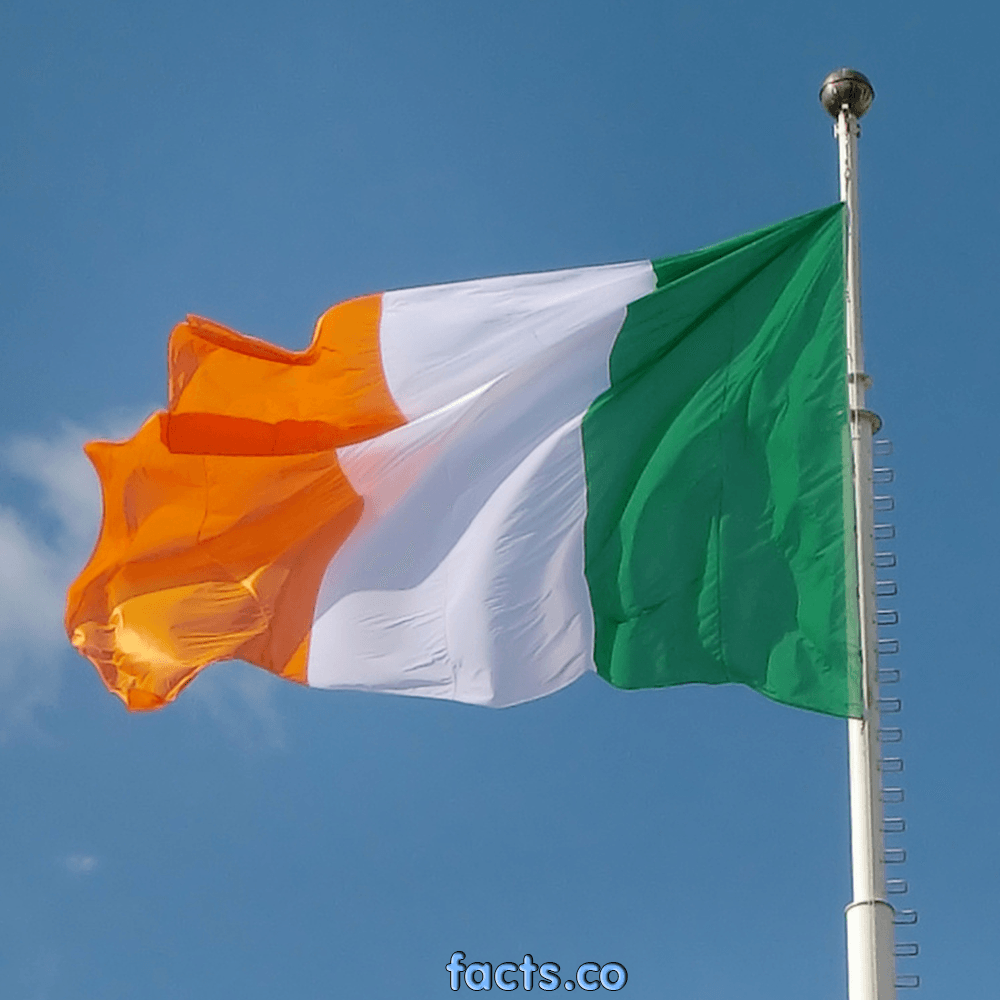DUBLIN, April 10 (Xinhua) -- Ireland's Departmeng of Finance on Monday upgraded its growth forecast for this year and next year, saying that the economic recovery will continue.
At a joint conference of the Central Bank of Ireland and the European Investment Bank, Irish Finance Minister Michael Noonan said his department is now forecasting a gross domestic product (GDP) growth of 4.3 percent this year and 3.7 percent in 2018.
In Ireland's Budget 2017, published in October last year, the Department of Finance predicted 3.5 percent GDP growth for 2017 and 3.4 percent for 2018.
Noonan said the increase in economic activity is broad-based and that export growth in recent years has been robust.
He said the domestic sector is now contributing positively to growth, with private consumption up 3 percent in 2016.
He also said the immediate impact from Brexit has been "more muted than initially anticipated."
But Noonan said it is worth considering the risks to this economic outlook.
He said there are a number of risks to the outlook both domestically and internationally.
"Domestically, the main risks relate to a potential loss of competitiveness, housing supply pressures and our concentrated industrial base, which leaves us exposed to firm and sector specific shocks.
"Principal among the international risks are the change in policy direction in the United States, Brexit, the growing influence of populism in Europe, and concerns about emerging market economies," Noonan said.
He stressed the principal risk for Ireland is Brexit and that the Irish economy is particularly exposed to Brexit.
"In the long run any barriers to trade will impact on Irish growth while in the short run, the depreciation of sterling has led to a loss of competitiveness," Noonan said.
In the United States, prospective corporate tax reform and the suggested approach of a form of U.S. border adjustment tax could have significant implications for world trade, according to the Irish minister.
On measures to address risks, Noonan said the best way to deal with such risks is through competitiveness oriented policies and prudent management of the public finances.
Ireland's economy has been among the best-performing in Europe since the end of the financial crisis. Last year, the economy grew by 5.2 percent.




 A single purchase
A single purchase









